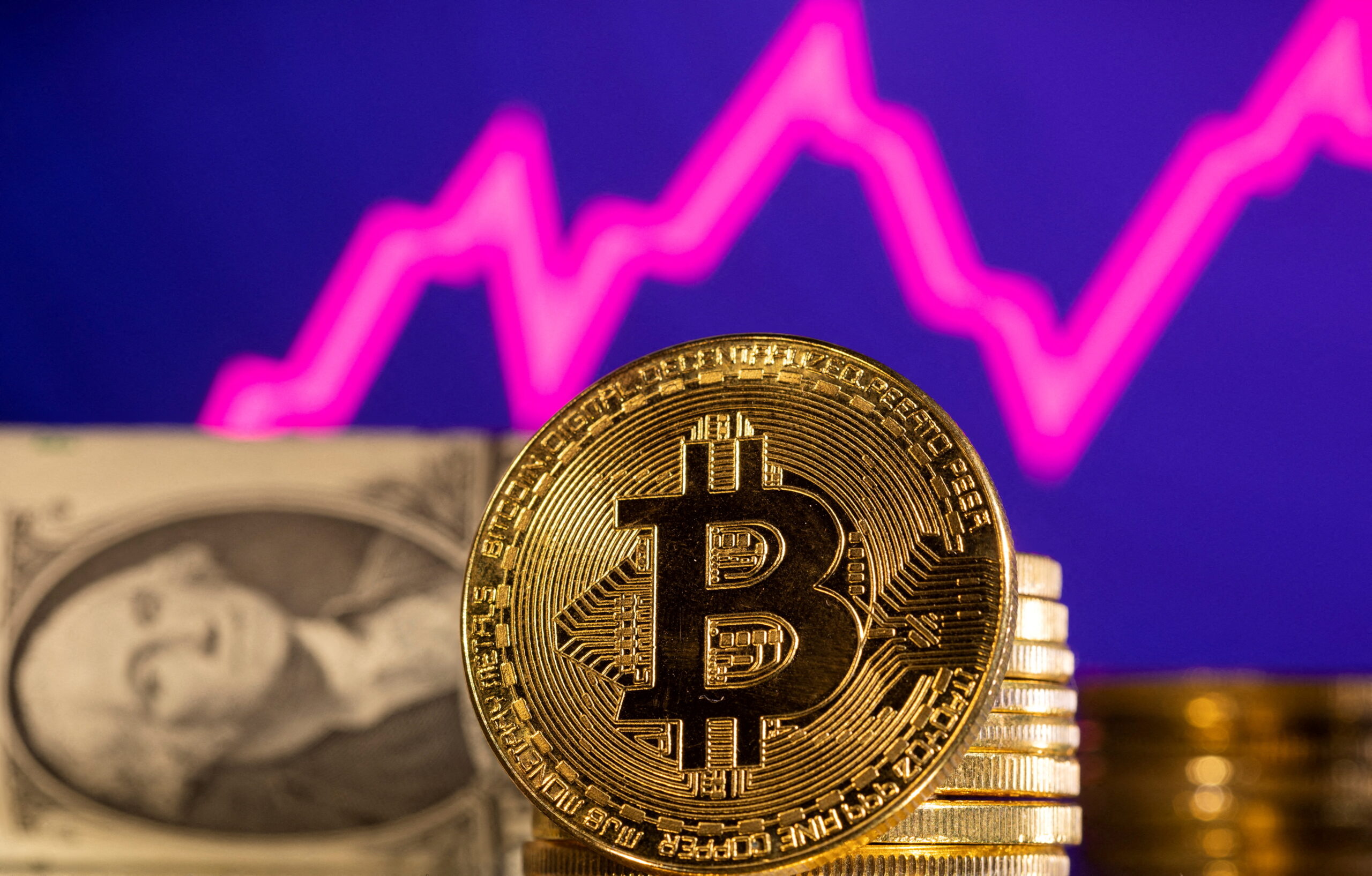

Most markets observe strict trading hours. Exchanges like the NYSE and NASDAQ in the US only trade from 9am to 4pm ET, for example, and they close over public holidays. But cryptocurrencies trade 24/7 on exchanges all over the world.
That unfettered access to crypto markets has led to strange activity on weekends. Bloomberg, for example, found in 2019 that bitcoin tended to spike over the weekends – the Saturday and Sunday movements accounted for over a third of the price gains that year. And the first weekend of 2021, when most markets were still in holiday mode, saw bitcoin rise 24%.
This article is only available to Macro Hive subscribers. Sign-up to receive world-class macro analysis with a daily curated newsletter, podcast, original content from award-winning researchers, cross market strategy, equity insights, trade ideas, crypto flow frameworks, academic paper summaries, explanation and analysis of market-moving events, community investor chat room, and more.
Most markets observe strict trading hours. Exchanges like the NYSE and NASDAQ in the US only trade from 9am to 4pm ET, for example, and they close over public holidays. But cryptocurrencies trade 24/7 on exchanges all over the world.
That unfettered access to crypto markets has led to strange activity on weekends. Bloomberg, for example, found in 2019 that bitcoin tended to spike over the weekends – the Saturday and Sunday movements accounted for over a third of the price gains that year. And the first weekend of 2021, when most markets were still in holiday mode, saw bitcoin rise 24%.
There are plenty of theories that attempt to explain bitcoin’s wild weekends. Some blame FOMO. People see bitcoin rise or fall during the week and, fearing they will miss an opportunity, dive into trading when the work week ends.
Others, perhaps, trade because they have nothing better to do. As the name suggests, Richard Thaler’s semi-serious ‘bored-market hypothesis’ argues that idle hands make for active traders. And so with Easter weekend upon us, will more people be trading than normal?
We take a light-hearted look at trading volumes around Easter Sunday to find out if more people are trading relative to the yearly average. Average trading volumes between the Friday before Easter Sunday and the Monday after show no excess trading before 2019. But it appears that in 2020 and 2021, trading volumes were around 10% higher than the annual averages (Chart 1). So perhaps people who are stuck at home over the holidays with nothing to do will keep up the new tradition!

Dalvir Mandara is a Quantitative Researcher at Macro Hive. Dalvir has a BSc Mathematics and Computer Science and an MSc Mathematical Finance both from the University of Birmingham. His areas of interest are in the applications of machine learning, deep learning and alternative data for predictive modelling of financial markets.
Matthew Tibble is Commissioning Editor at Macro Hive. He has worked as an editorial consultant and freelance editor for companies such as RiskThinking.AI, JDI Research, and FutureScape248.
